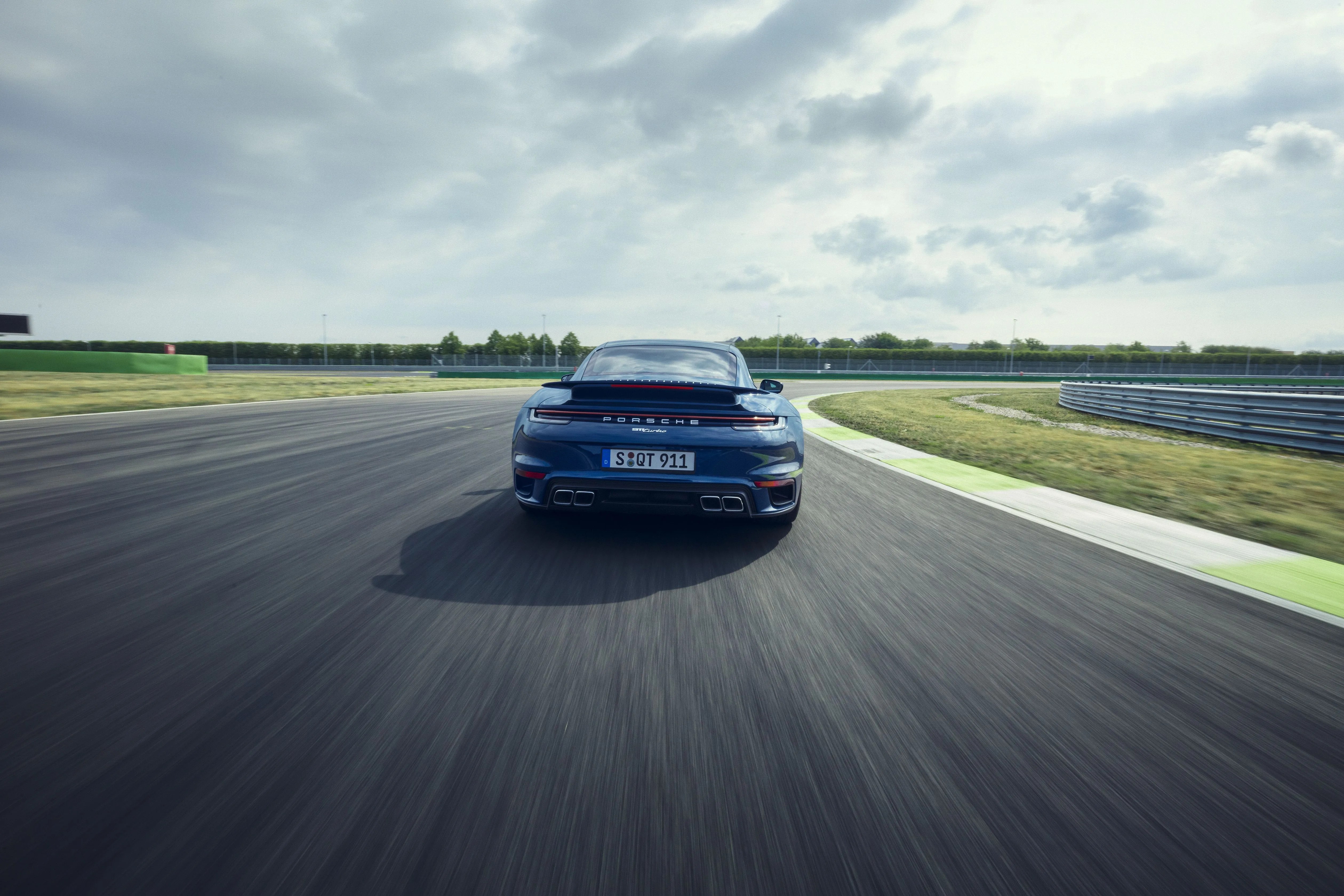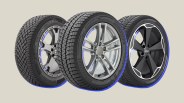The future of the automobile, it’s pretty clear by now, is electric. But even if the boldest corporate and governmental plans for EV mandates come to pass and half the planet no longer allows the sale of new internal combustion-powered vehicles, that still leaves hundreds of millions of existing ICE rides on the road.
So how, then, do we minimize the damage these old cars do — and help make sure any new ICE-powered cars don’t ravage the environment as much as their predecessors? Well, Porsche has a clever idea that could help keep gas-powered cars and trucks around well into a more environmentally friendly era: give them less-destructive fuel to burn.
To do that, Porsche is joining forces with German conglomerate Siemens and several international energy fims to create a new plant in Chile that will crank out climate-neutral eFuel — synthetic gasoline with a net-zero carbon footprint — starting in 2022. While the initial rollout will be fairly modest — Porsche plans to make around 34,000 gallons of it in 2022 — the goal is to scale up quickly; 2023 should see the plant whip up more than 14 million gallons of the stuff, and 2024 should see it producing around 140 million gallons, if all goes according to plan.
How does this apparent miracle of science work? Well, it’s a fairly simple process, assuming you have a ton of clean energy lying around. (Hence the decision to base the facility in Chile, where there’s wind power aplenty.)
Step 1: Use that redolent cleanly-generated electricity to power electrolysers, which split water into its constituent Hs and Os: hydrogen and oxygen.
Step 2: Scoop up the carbon dioxide from the air and combine it with the hydrogen to create methanol.


